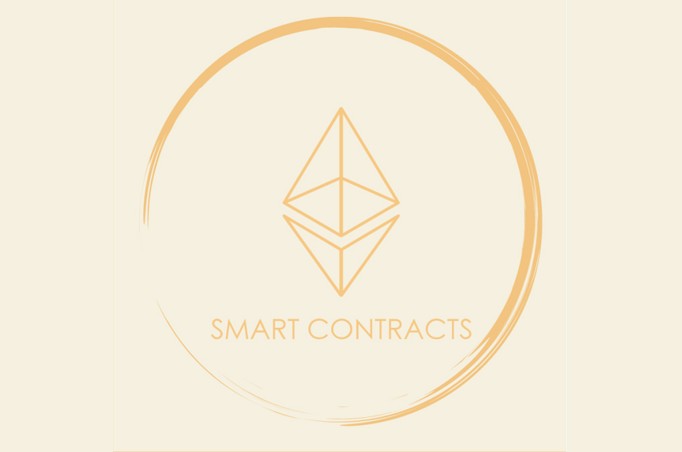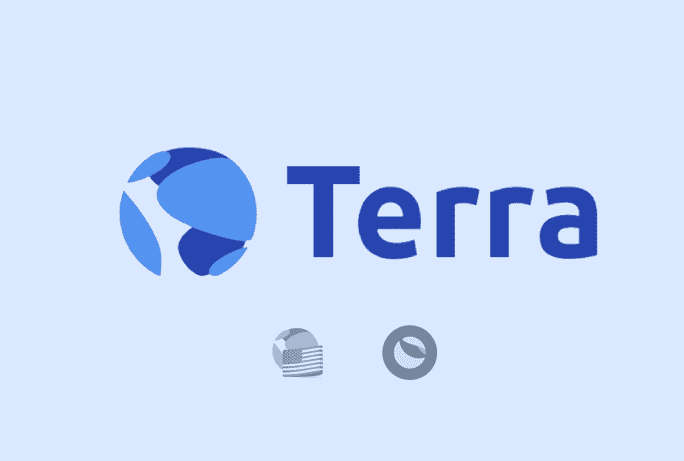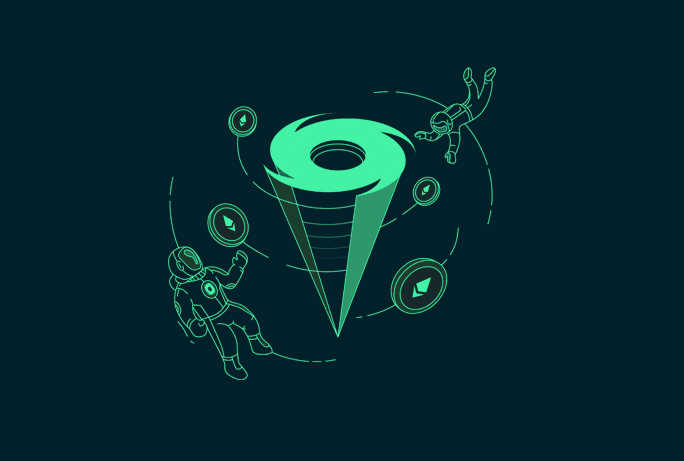Smart contracts are a remarkable idea made possible via blockchains and encryption. They are useful in situations where trust is needed online. Agreements that have needed the services of a lawyer in time past are now able to be administered via these contracts. Smart contracts are as popular now as ever.
What is a smart contract?
A smart contract is a distributed digital ledger that stores information. The contract and the ledger are protected by math problems that can only be solved by the users who have what are known as keys. The type of math that protects the smart contract is known as cryptography. The first mention of smart contracts was by a computer scientist, law scholar, and cryptographer by the name of Nick Szabo. Back in 1997, before bitcoin existed, smart contracts were being proposed.
Ethereum was the beginning
With all the hubbub about this new style of contract, not many people know that they started on the second-most popular cryptocurrency program. Bitcoin is first and Ethereum (ETH) is the second most popular crypto in the world. Believe it or not, Ethereum was not originally planned to be a currency. It originally started as a smart contract system. Even today if you take a look at their website their definition of a smart contract is “a program that runs on the Ethereum blockchain”. While this is a bit too general to be able to learn the basic workings of these contracts, it is correct.
Also Read: Dark Pool Trading in Crypto
How does a smart contract work?
For an offline example, we can use gold distributed among various safe deposit boxes. One box can be in Germany, another box can be in Canada, and another box can be in Russia. The gold will only be accessed by two people in the entire world. This means only two keys will be issued by the bank. Only those two people who have those keys will be able to access the gold that is distributed amongst the deposit boxes.
Smart contracts are also distributed amongst the network in computers across the world. Because of unbreakable cryptography, only the two people who have the digital keys will be able to access the information over the internet. In this case, these will be the smart contracts that are distributed among the many computers on the network.
One computer in Germany, another in Afghanistan, another in the USA could have the smart contracts in their computer. But only those who have the digital keys can access those files. It is superior in a way to the gold and bank model because it is a truly trustless system. In the case of the deposit boxes, the bank will also have a key to the gold. The bank is considered to be a trusted third party in the example. But smart contracts need no such trust to operate. Math (cryptographic math) is eliminating the need for any trusted third parties.
One example of smart contracts for programmers
One type of smart contract could govern who gets funded for a project. If one group of developers wants to be funded for their new software project, they can use a smart contract to take care of this. The smart contract can receive funds from those who believe in the new software project and want to participate in it. The developers set a goal of how much money they will need to finish the projects. If the monetary goal is not met, the smart contract automatically sends the money from the supporters back to them. If the goal is accomplished, the smart contract will automatically reward the developers with their funds. The automation in the process and a lack of having to deal with other professionals streamline the process of getting the job done.
What are some of the positive qualities of a smart contract?
One of the inherent qualities of a smart contract is its immutability. It can not be changed. Going back to the example of the gold inside the bank deposit boxes, it is possible that the bank could shave a bit off the gold bars or coins. This stealing of the gold would not be immediately obvious. The coins are in the banker’s care and it is possible that an unscrupulous bank worker could do such a thing. No such thing can happen with a smart contract. No changes can take place to the smart contract because no one has access to the smart contract except those who have the digital keys.
The smart contract is listed in a blockchain that only goes forward in time. Transactions, agreements, legal proceedings are recorded and kept safe via encryption for every user on the blockchain. No one can go back in the blockchain and make changes to or tamper with smart contract code.
Advantages of using a smart contract
One of the obvious advantages of using smart contracts is the replacement of lawyers. Lawyers can charge fees that are horrendous. Saving money on these services is an attractive alternative. Another advantage of using a smart contract is the elimination of crowdfunding platforms. The blockchain mimics almost all of the services of a crowdfunding platform like Kickstarter. Again, the idea of saving money on Kickstarter fees is an irresistible advantage to some people. One extra advantage of using a smart contract over a place like Kickstarter is the decentralization of the blockchain. Kickstarter can be hacked and brought down. The blockchain can not be hacked, destroyed, or taken down like the everyday website.
Disadvantages and risks of using a smart contract
As with many things, the internet is the medium of execution for smart contracts. If a person loses their internet connection and the contract they are working with has an expiration date, the contract may be forfeited. Regular paper contracts have no such limitations. It is also possible for an ISP to block access to smart contracts via IP blocking. Another disadvantage is that no changes can be made.
If a person uses a smart contract to initiate a rental but happens to find a better deal, they will be at a loss to take advantage of the better rental deal. The newness of the blockchain and its usage still creates a lack of faith in many who are not familiar with new technology. This last disadvantage is going away, albeit slowly. One other point to be considered is the risk for those who are novices at using a smart contract. People with no experience can be deceived much easier by dishonest individuals online.
Application areas of a smart contract
Some application areas include banking, finance, and postal companies
Even though cryptocurrencies and blockchains are a nemesis to banking, smart contracts seem to be catching on. Using the distributed ledger model can produce the familiar and secure financial instruments of times past. One feature that bankers can take advantage of is building on the Ethereum model. Using this existing model there can be verified transactions, lower costs, and fewer middlemen. Some are talking about new financial products being invented, which would be another technological advancement.
Postal Services
The postal industry can also benefit from the use of the smart contract model. Back in 2016, the office of the Inspector General of the United States Postal Service issued a report that spoke heavily on the usage of blockchain technology. One of the talking points was that there would be no need for an intermediary. The Postal Service would be able to benefit from the use of blockchain technology. One direct application would be for payment on delivery service. The Postal Service also mentioned that smart contracts could be useful for other areas such as identity services, supply chain control, and device management.
Banking and finance
The banking industry is an obvious candidate for using the blockchain and smart contracts. Loan agreements can be completely automated with cryptography and digital keys. These would be the building blocks to make the loan agreements work without having to deal with the human aspect.
Putting cryptography and the internet to work in a blockchain scenario will benefit other industries. Insurance companies will be impacted because policyholders will be able to pool their funds and help one another in the event of claims. Car salesmen could have a vehicle that fulfills the desires of a waiting buyer and when the desired price is reached, the sale is made. Smart contracts can be used in just about any situation where a pre-arranged agreement exists or needs to exist.
Futures of a smart contract
Just by looking at trends, it is obvious that the interest in these digitally automated programs is increasing. This year is the year with the most interest for smart contracts. 2017 was the second most popular year for these automated agreements. The predictions are very favorable for this type of contract to become more prevalent by the year 2026. The estimates are that the growth rate will be 18.1 percent for the next five years. The market size is predicted to be $345.4 million USD in 2026. This is up from $106.7 million USD in 2019. Blockchain developers will have plenty of work. Likewise, smart contract users will be enjoying a more modern approach to their personal and business agreements thanks to this new technology.










